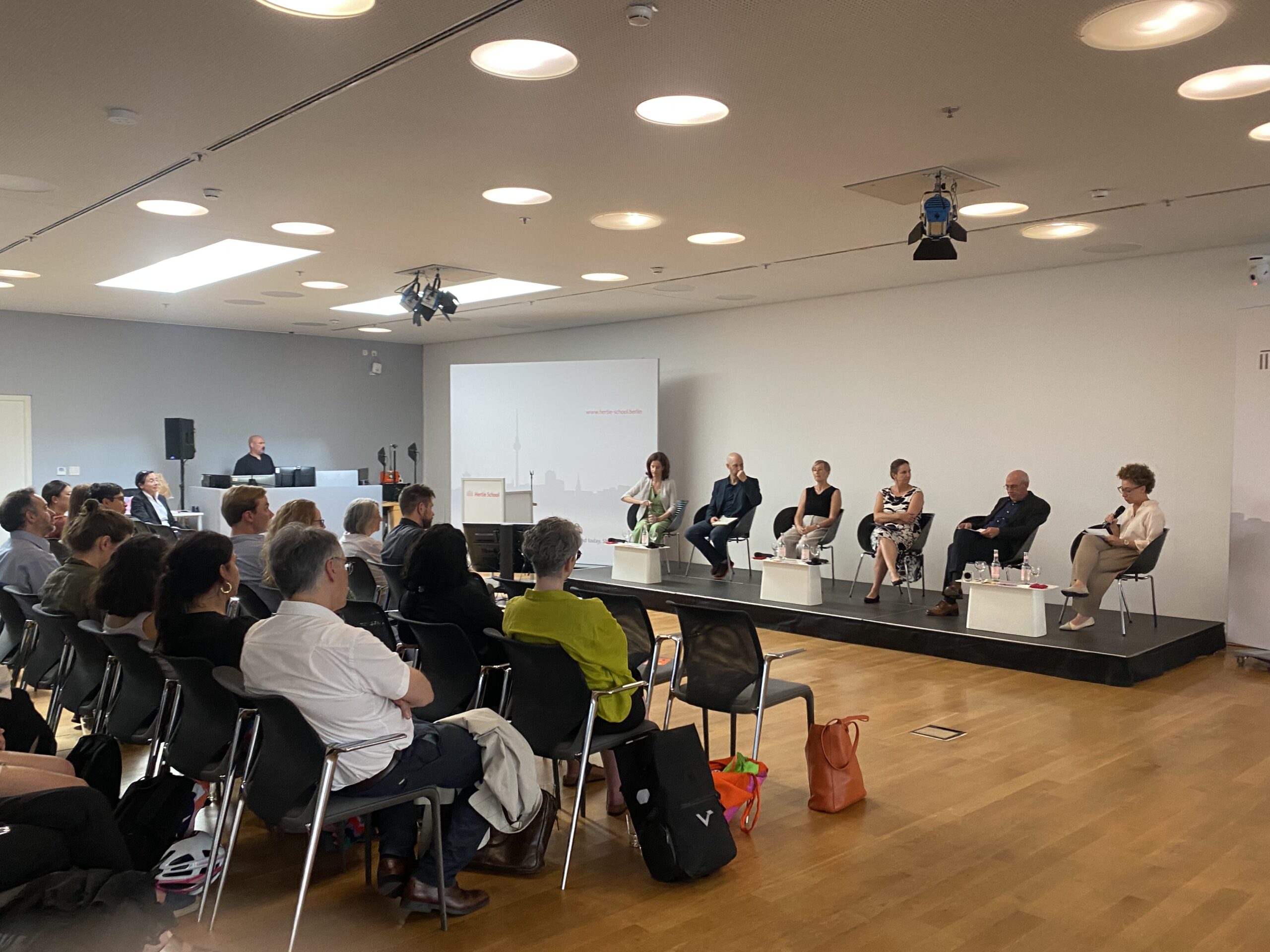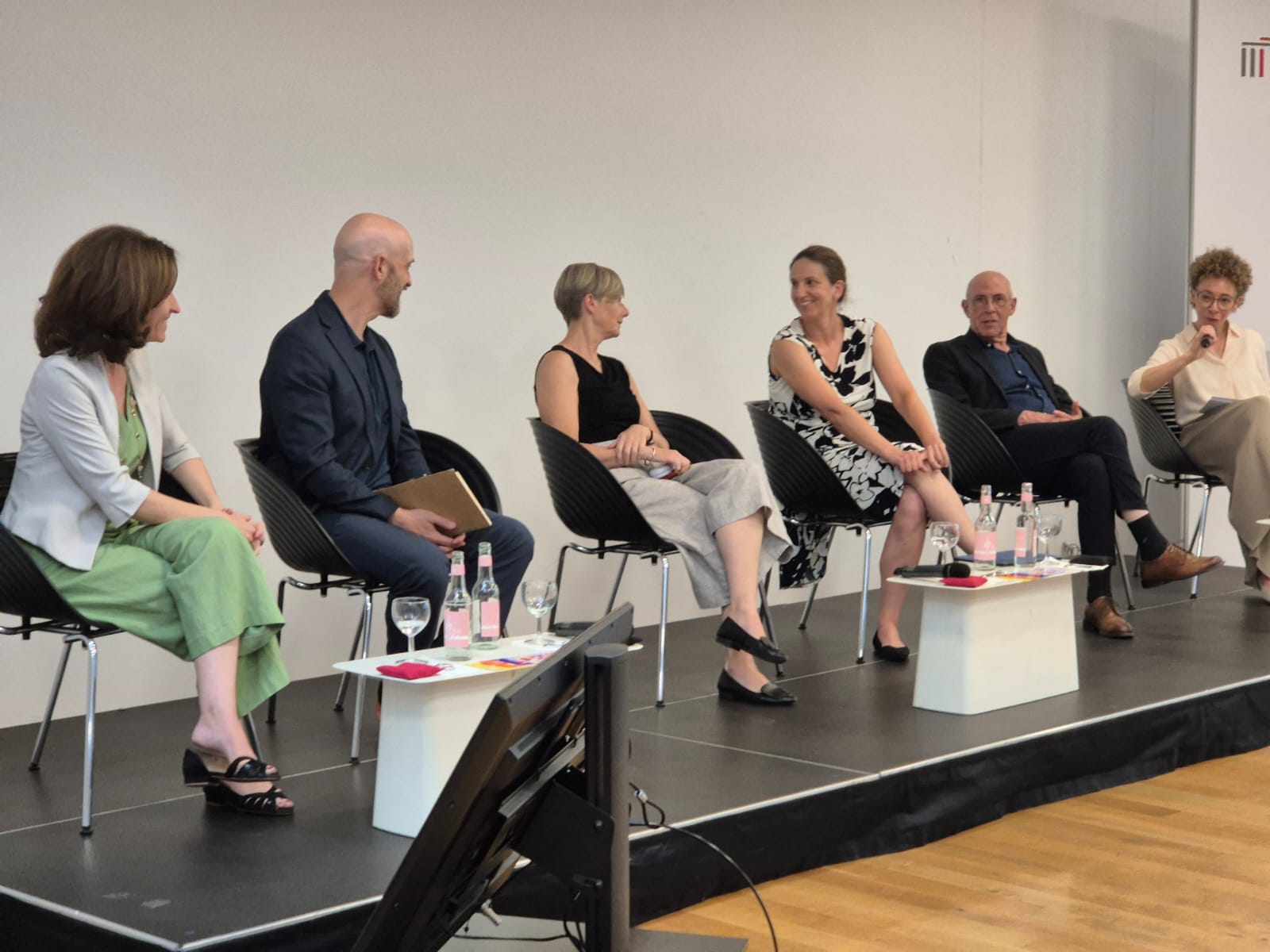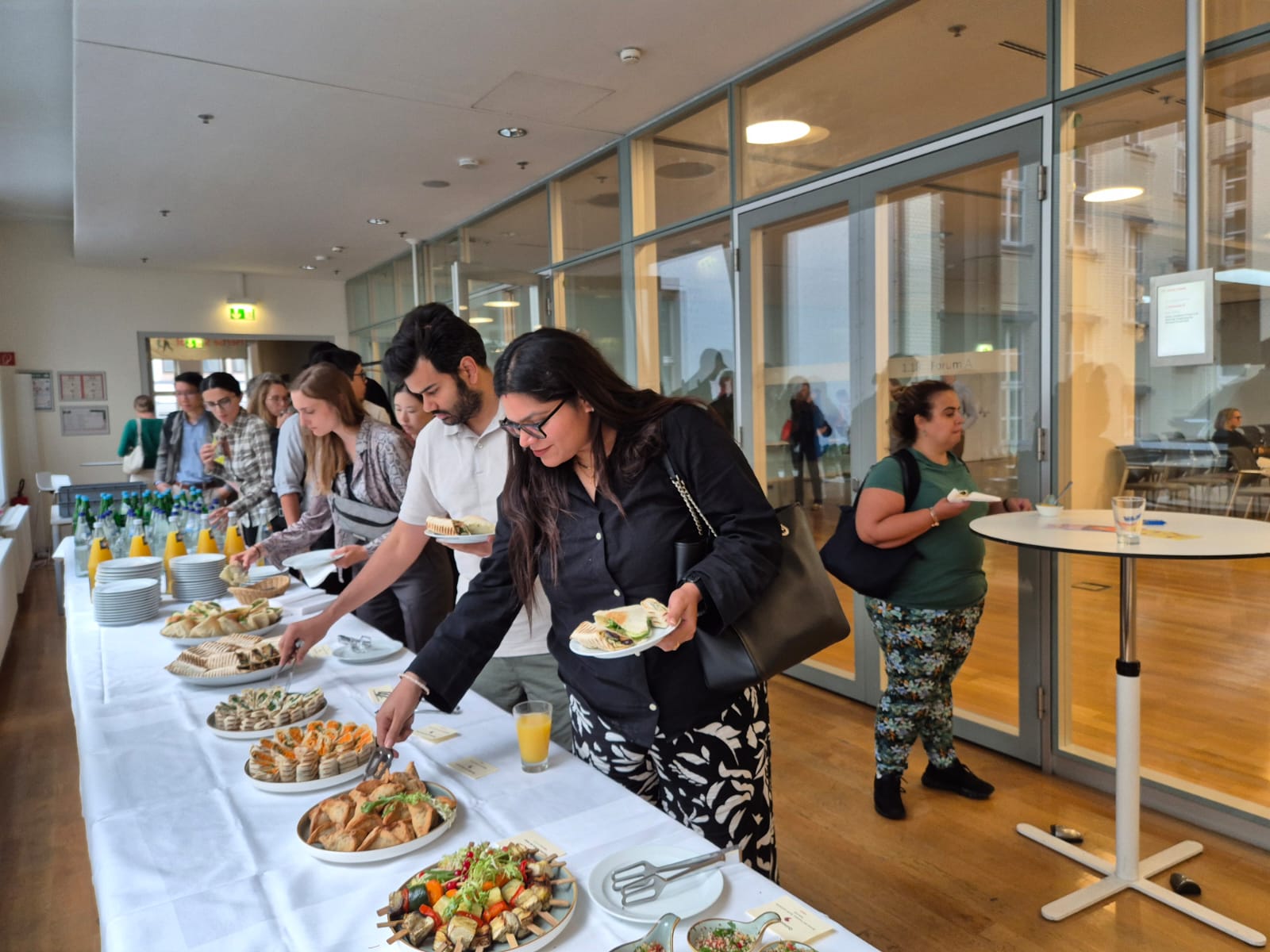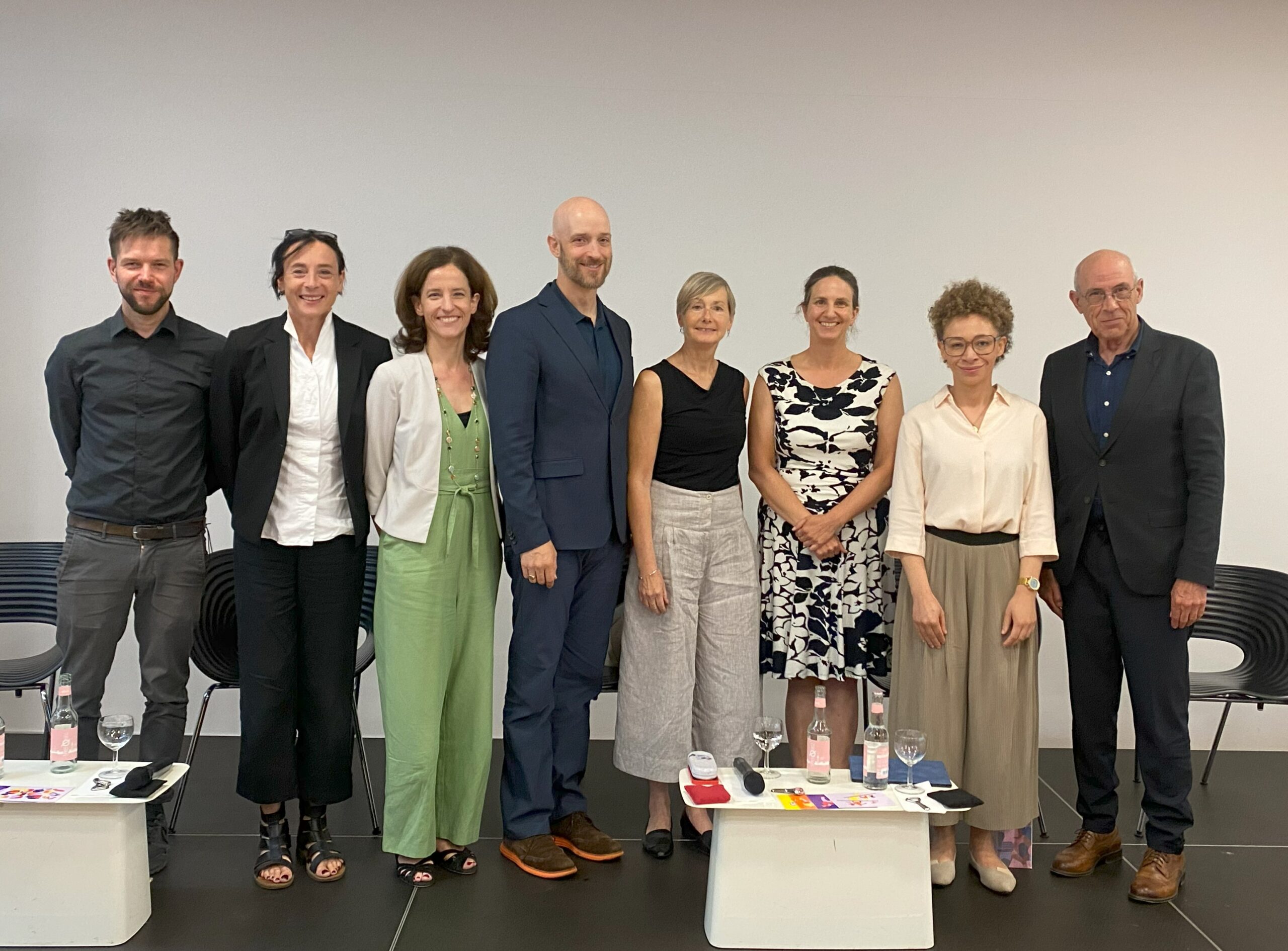On July 3rd, the Hertie School and Einstein Center Population Diversity (ECPD) convened a panel of international experts to discuss a growing global concern: the erosion of academic freedom and its consequences for public health, diversity, and democracy.
The event, “Freedom of Science, Diversity, and Public Health,” brought together Seth Holmes (University of California, Berkeley), Beate Kampmann (Charité-Universitätsmedizin Berlin), Christina Pagel (University College London), Martin Rennert (Einstein Foundation Berlin), and Cornelia Woll (Hertie School). Their message was stark: scientific inquiry, long seen as a cornerstone of progress, is increasingly viewed as a threat by governments intent on reshaping the public sphere.
A chilling trend
Speakers outlined how, in the United States, entire research fields have come under attack. Public funding for studies on climate change, gender, and migration has been frozen or eliminated. Journals in public health are being defunded, and programs supporting diversity have been dismantled. Cornelia Woll cited here a poll conducted by the journal Nature, according to which 75% of US scientists consider leaving the country.
Seth Holmes described the devastating individual impact: signed research contracts abruptly canceled, leaving thousands of scientists without salaries, housing, or health insurance. Projects focusing on equity, women’s health, and immigrant populations have been branded “harmful” and defunded.
Implications for Europe
While much of the discussion focused on the United States, the panelists cautioned that Europe is not immune to these concerns. Beate Kampmann highlighted how international vaccine collaborations have been jeopardized by cuts in USAID, affecting millions in low-income countries. Christina Pagel emphasized the need for European institutions to step up as strongholds for free and inclusive research, offering refuge to scholars whose work is under threat elsewhere.
Charting a path forward
The panel concluded with a call to action:
- Enforce freedom of science as a constitutional right.
- Build cross-border coalitions to support displaced researchers.
- Launch public campaigns to highlight the societal benefits of diversity in science.
- Invest in education and counteract misinformation that undermines public trust in research.
Defending truth in an age of disinformation
Freedom of science is more than an academic concern. It underpins evidence-based policy, public health systems, and democratic accountability. As governments seek to undermine these pillars, universities and research institutions must lead the charge in defending open inquiry and inclusive knowledge production.
The stakes could not be higher. Without decisive action, the erosion of scientific freedom threatens not only the future of research but the health and well-being of societies worldwide.
Below you can find some impressions from the event.



